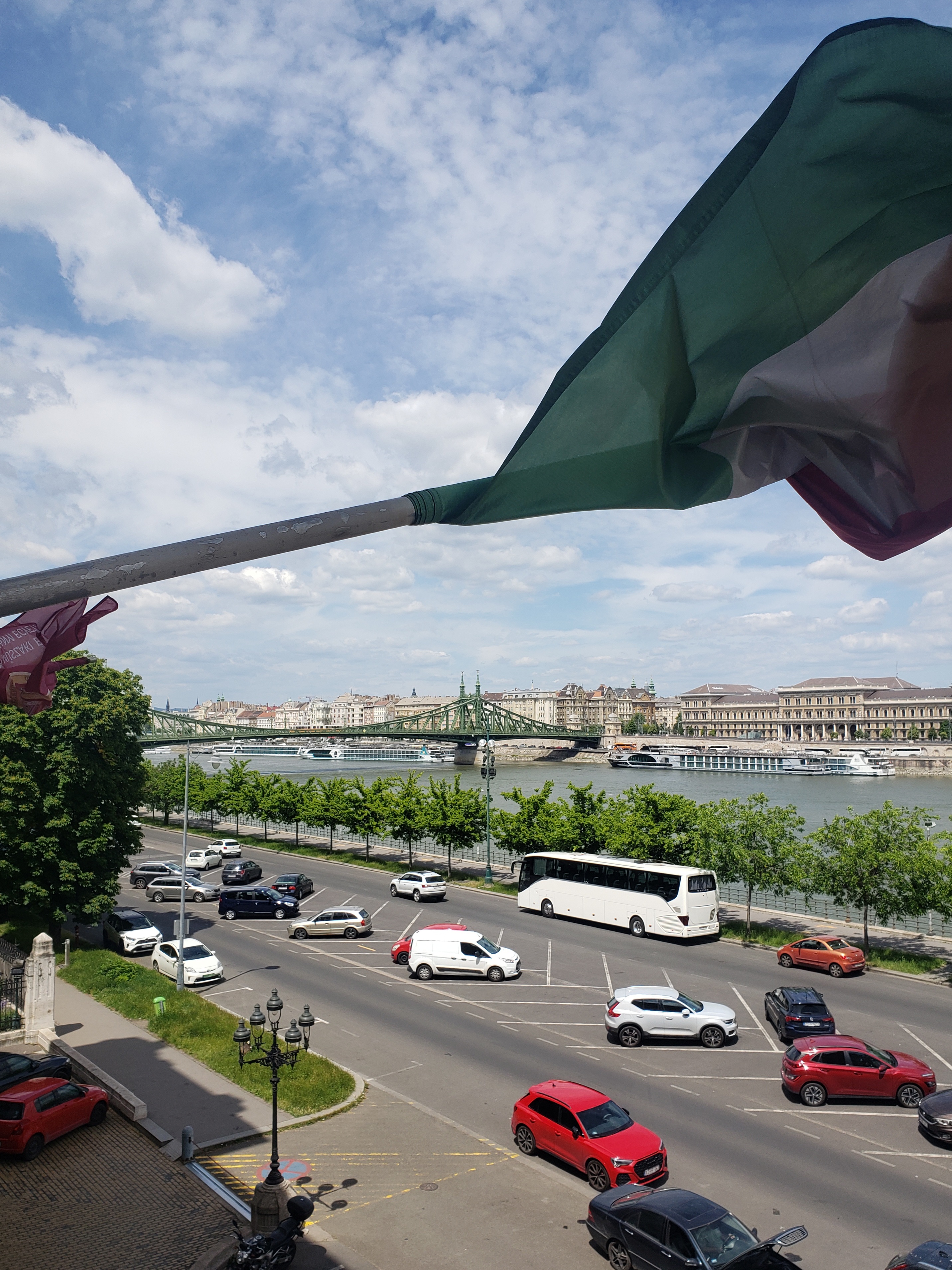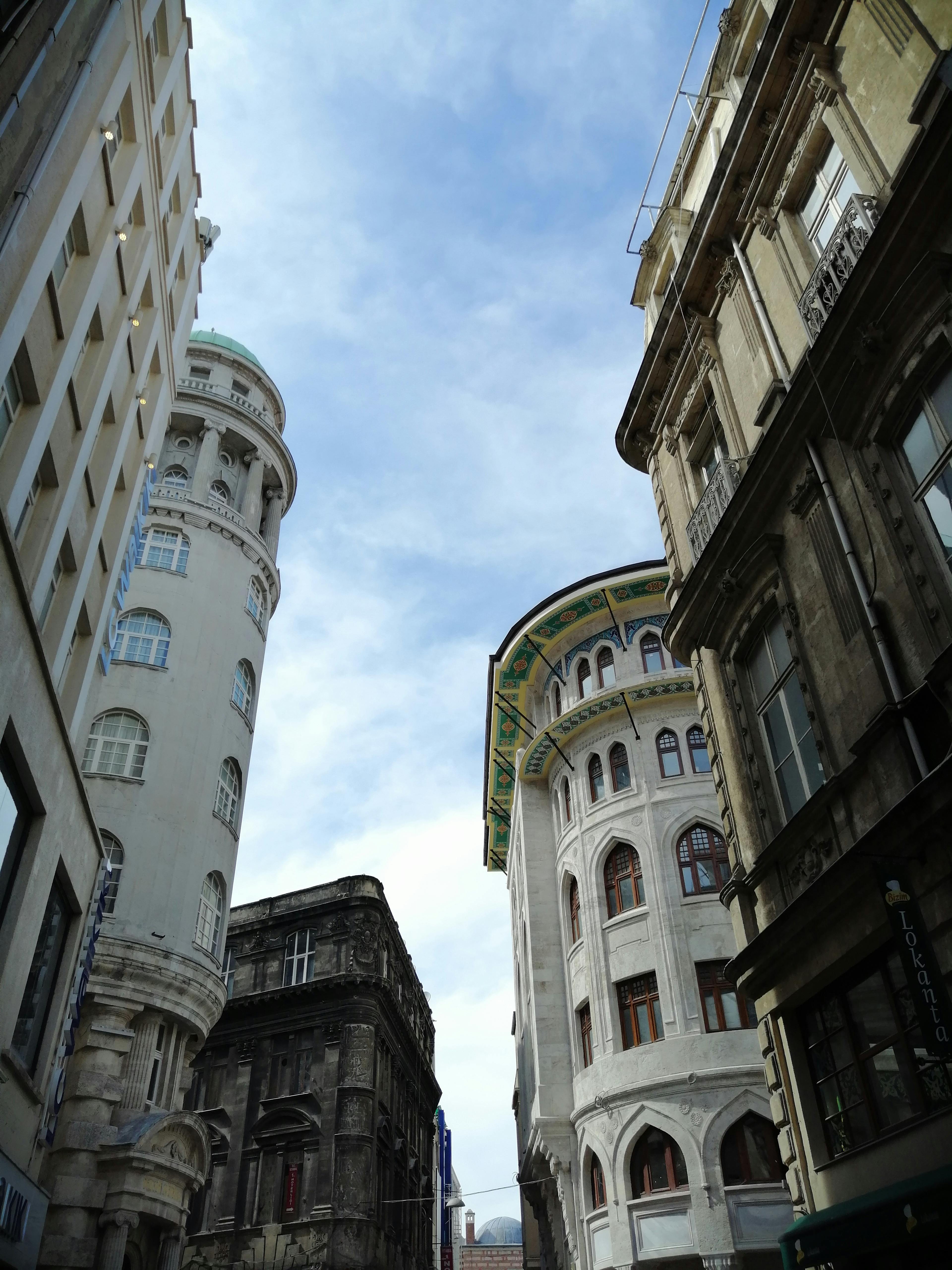
Challenges of Rural Areas in the Danube Region – International Conference
The PlaceCRAFT project launched with a three-day kick-off event in Budapest on May 28–30, 2025, partly co-organized with the Danube Ruralscapes project. Both projects are funded by the Interreg Danube Region Programme, focusing on priority areas 3.3 and 4.2, respectively. On the first day, May 28, the Department of Urban Planning and Design at the Budapest University of Technology and Economics (BME) and the Hungarian Contemporary Architecture Centre hosted an international conference titled Challenges of Rural Areas in the Danube Region. Held in the ceremonial hall of BME’s main building, the event brought together Central and South-Eastern European experts to present 26 research projects and community initiatives across four thematic sessions.
The first session, Regional Planning for Rural Identity and Development, revisited the DANUrB project and examined new planning tools such as the Negotin Wine-Growing Region’s spatial plan. Key themes included spatial resilience in the Banat region and urbanizing pressures around Lake Balaton.
The second session, Sustainability Goals in Rural Settings, addressed the cultural significance of architecture, challenges in adapting heritage to modern needs, and revitalization efforts in Veliko Tarnovo, which inspired new ideas for PlaceCRAFT’s future residency program.
In the third session, Preserving Rural Heritage and Townscapes, speakers presented models of rural heritage valorization in Baranja and student-led workshops from Osijek, emphasizing multidisciplinary, problem-based learning approaches.
The final session, Community Engagement for Sustainable Rural Development, highlighted strategies to reverse demographic decline by empowering youth through entrepreneurship, digital inclusion, and eco-tourism. Innovations like the Smart Landscape Management Toolkit and the Tájtéka project in the Balaton Uplands showcased how community programs, public services, and cultural activities can strengthen rural vitality.
Conclusion:
The conference successfully created a platform for knowledge exchange and cooperation among experts, practitioners, and local communities. It demonstrated how integrating regional identity, sustainability, and community engagement can offer effective pathways for regenerating rural areas across the Danube region.
News & Events
Read the most recent updates and explore the upcoming events.

